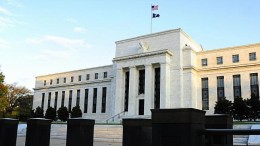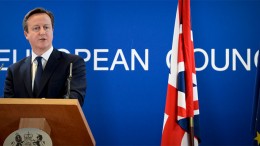Italian Banks: Definite source of contagion
Italy is threatening us with another time bomb. The country’s banks have 360 billion euros of doubtful loans and the EU (that is to say the sinister Eurogroup), as intelligent as ever, is pressuring for the bail-in rules, to which ultraliberal & co are so addicted, to be implemented by the book.










